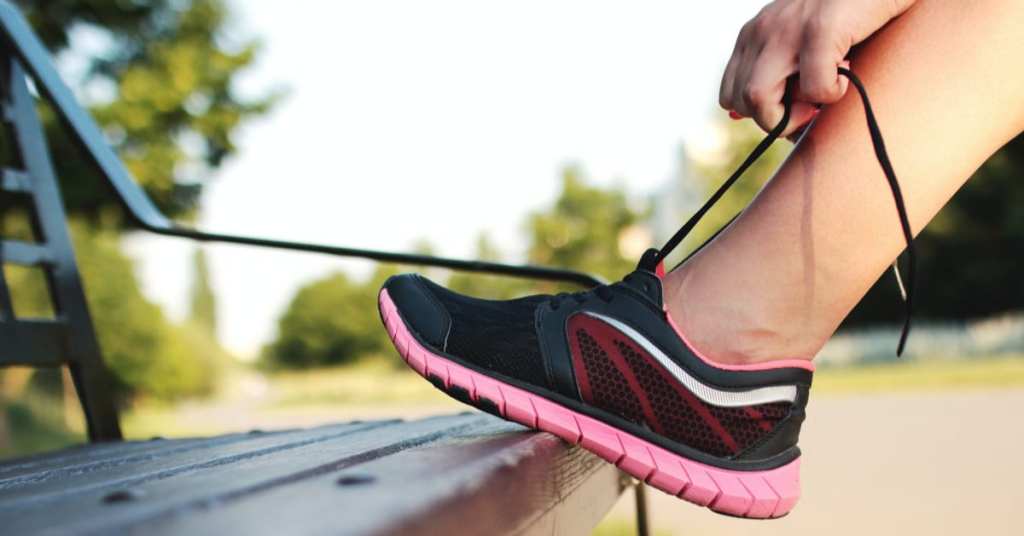A small but consistent controversy seems to pop up every now and then as people claim (and refute the claim) that walking is just as good (or better) for your body than running. Runners, as you know, are a passionate group of people and are ready to defend their hobby/passion as the superior way to stay fit, but is it really?
The truth is that both walking and running are good for your heart and mental clarity, but one might be more what you’re looking for than they other, depending on what you’re focused on accomplishing.
If you are wondering, though, if running might be a good decision for you, here are 5 ways it affects your body differently than just a walk.
5. It can build better bone density.
Physical exercise is a decent way to stimulate bone formation. Your body has to adapt to having more pressure on your joints, which doesn’t always have to be a bad thing.
As your body gets used to the healthy pressure, your bones are less likely to break.
4. It impacts your joints more.

Image Credit: Pexels
If you’re running with correct form, the impact on your joints can be positive (like we mentioned above), but if it’s not, you could experience more injuries than you would with walking.
You’ll want to pay attention to the way your foot hits the ground and adjust your form to allow your body to absorb the shock safely.
3. You expend more energy.

Image Credit: Pexels
You’ll expend about twice as much energy running than you will walking, so if you’re short on time and want to burn those calories or build muscle in half the time, a run might be the order of the day.
2. It targets different muscle groups.

Image Credit: Pexels
When you walk, you step on your heels first, but when you’re running, you should be landing on your mid-foot first.
The difference in stride impacts what muscles are used – walking will work your hamstrings more, while running focuses on your quads.
1. It can have a greater effect on your hormones.

Image Credit: Pexels
If you’ve got a thyroid imbalance, you may want to avoid long-distance running. The training stresses can tax your thyroid, leading to fatigue and depression.
Make sure you’re getting enough rest and nutrition between training sessions, and if you’re feeling like unpleasant symptoms are creeping in after a run, talk to your doctor.
You’ll also want to listen to your body, and if running causes pain in your joints, back, or knees, there’s no reason to push it.
Both types of exercise come with a plethora of benefits, and either one is better than staying inside on the couch – so lace up your shoes and get outside!







